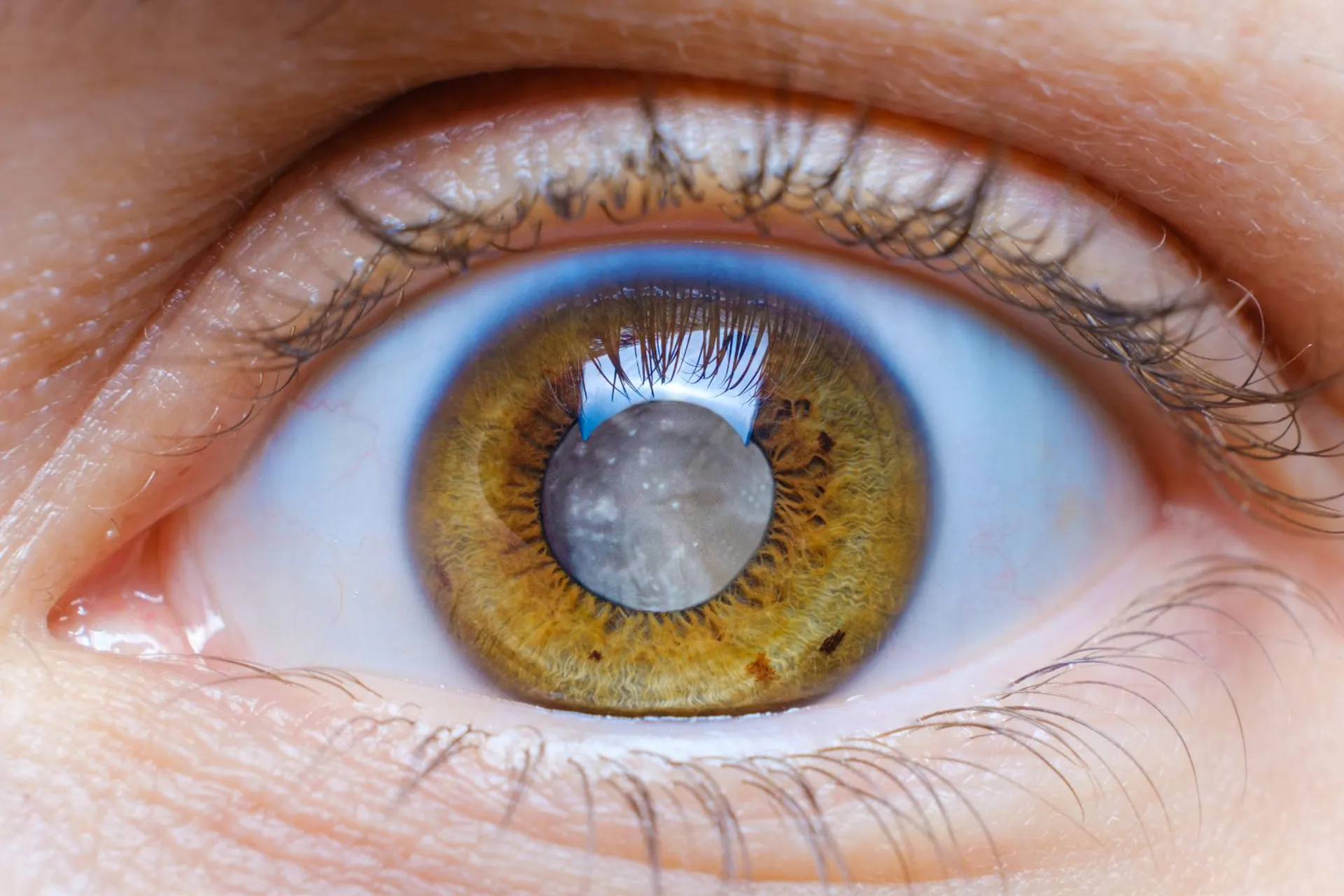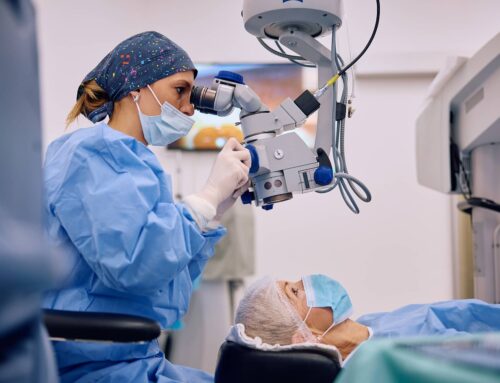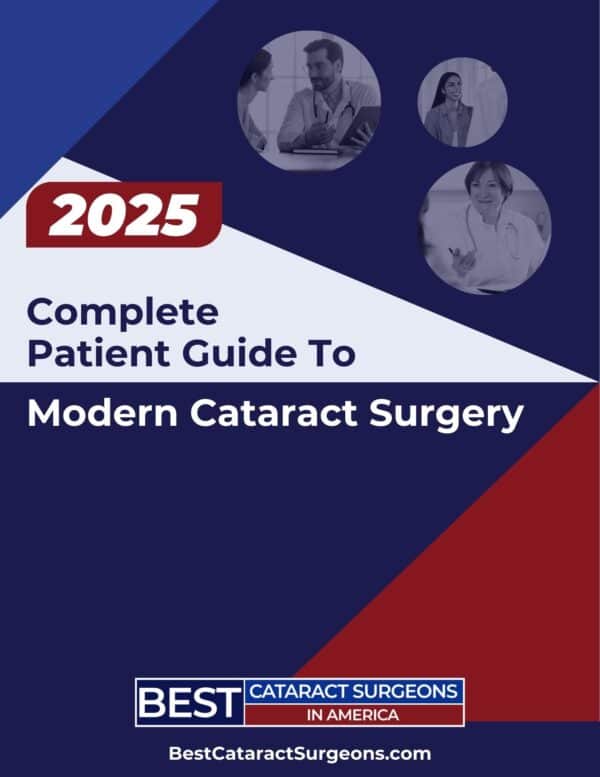Introduction
Senile cataracts, or age-related cataracts, are the number one cause of blindness worldwide. Learn more about the symptoms and possible surgical treatments for senile cataracts below.
What Are Senile Cataracts?
Senile cataracts are age-related cataracts because they affect much older people. They start small and gradually thicken until they cover the lens with a thick substance, making it challenging for the people affected to see well.
An ophthalmologist can reverse the temporary blindness and effects of senile cataracts by removing the affected lens through an operation. This lens is replaced by an artificial clear one so that the patient can see well again.
What Are The Main Senile Cataract Causes?
As we have said earlier, senile cataract is age-related; therefore, there is nothing you can do about when it starts. You can, however, engage in some lifestyle changes so that you can slow down the progress and give yourself more time before you need surgery. The following are some things you can do to prevent the rapid growth of cataracts in your eyes:
- Eat healthier foods and incorporate more vegetables and fruits into your diet.
- Stop smoking
- Eat foods that are rich in antioxidants
- Wear sunglasses outdoors to protect your eyes from harmful UV rays
- Control diabetes
Senile cataracts typically start around 50 years of age, and continue to slowly progress. The best way to know if you have cataracts is by regular checkups with your eye doctor. Early detection will allow for intervention in a timely manner.
What Are Senile Cataract Symptoms?
There are many signs of senile cataracts, including:
- Blurred vision
- Headaches, especially if the cataracts are advanced
- You will have to change your glasses more often than you usually do if you wear prescription glasses.
- Sensitivity to glare and bright lights
- Seeing halos around lights
- Difficulty in identifying and differentiating colors
- Trouble seeing far or too near
- Difficulty reading
- Blindness in one or both eyes
If you notice any of the above symptoms, you should see your doctor for a full examination. This is vital, especially if the symptoms worsen, because you could develop other complications related to advanced cataracts such as glaucoma.
What Senile Cataract Treatment Options Are There?
There is no medical treatment for senile cataracts, however an ophthalmologist can remove your cataract and replace your cloudy lens with a clear, artificial lens. This intraocular lens stays in your eye for the rest of your life. Once the senile cataract is removed, it will not reoccur or develop again.
Can Multifocal Lens Implants Be Used For Senile Cataracts?
Yes, as long as your surgeon believes that you are a good candidate for a multifocal lens.
Can ToricLens Implants Be Used For Senile Cataracts?
Yes, if you have moderate to high astigmatism then you are a candidate for a toric lens.
Can Laser Cataract Surgery Be Performed For Senile Cataracts?
Absolutely.
Summary
Senile cataracts, or age-related cataracts, are the number one cause of blindness worldwide. If you think you have a senile cataract, please make an appointment with your eye doctor for a full examination and to discuss whether you need surgery.











